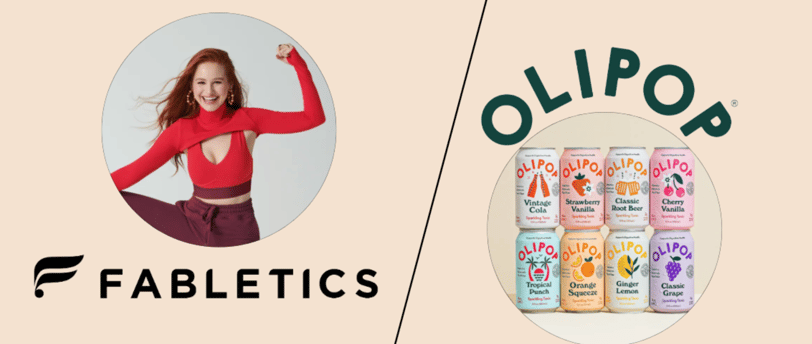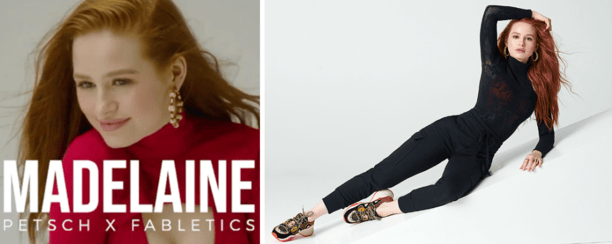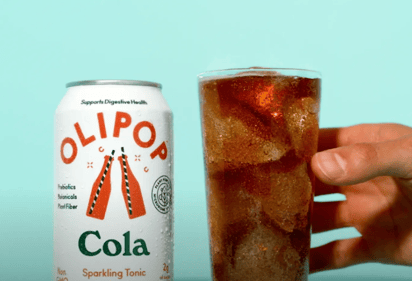My Take as a Consumer on Fabletics and Olipop
1/25/20242 min read


As someone who's no stranger to the consumer's journey through the maze of marketing tactics, I often find myself contemplating the impact of different strategies on building and strengthening brand equity. Don’t you?
Let’s talk about Fabletics and Olipop—two brands from different realms, each employing distinct marketing approaches that raise intriguing questions about the efficacy of certain spending choices.
Let's start with Fabletics, a brand that intertwines active fashion with celebrity allure. The campaign featuring actress Madelaine Petsch, renowned for her role in the hit show Riverdale, aims to seamlessly blend fandom with athleisure. As a consumer, one can't help but wonder: does celebrity endorsement truly enhance brand equity in the long run? While the immediate impact might be a spike in sales due to the star-studded association, the longevity of such influence remains questionable. As trends change and new faces emerge, the effectiveness of celebrity endorsements might dwindle, leaving the brand with a potentially short-lived boost in equity.
Now, Olipop, the new fizzy probiotic soda is challenging the giants of the soda industry. Olipop's first major campaign, taking on Big Soda, raises intriguing questions about the effectiveness of mimicry and parody in marketing. While the campaign cleverly mocks Pepsi Zero Sugar, it prompts contemplation on whether these tactics truly contribute to brand equity in the long term. Mimicry, though attention-grabbing, runs the risk of being perceived as a short-term attention stunt rather than a solid foundation for enduring brand value. The challenge lies in ensuring that the brand isn't merely remembered for its witty parody but is also appreciated for its unique offerings and identity.
Reflecting on these two diverse cases, both brands that I regularly shop from, it becomes evident that certain types of marketing spending may have limitations in sustaining and enhancing brand equity. Celebrity endorsements, while initially impactful, might lack the enduring power needed for long-term brand loyalty. Similarly, mimicry and parody, though attention-grabbing, could potentially overshadow the brand's true value proposition if not executed thoughtfully.
As consumers, we crave authenticity and long-lasting connections with the brands we choose to engage with. Fabletics and Olipop, each navigating their own marketing paths, provoke contemplation on the delicate balance between immediate attention and enduring brand equity. Trends are constantly changing, so the challenge for brands lies in crafting strategies that not only captivate the moment but also lay the groundwork for sustained consumer loyalty and brand resonance.




